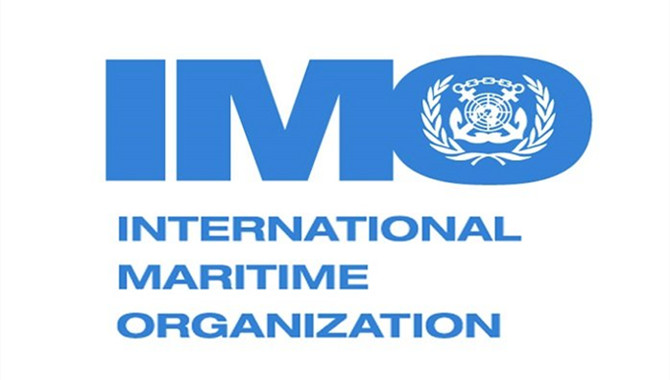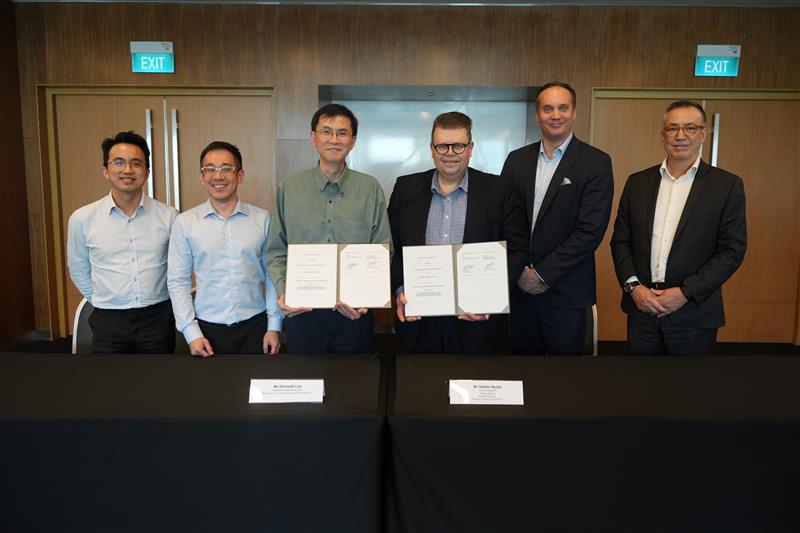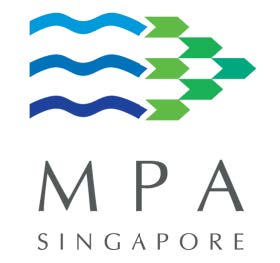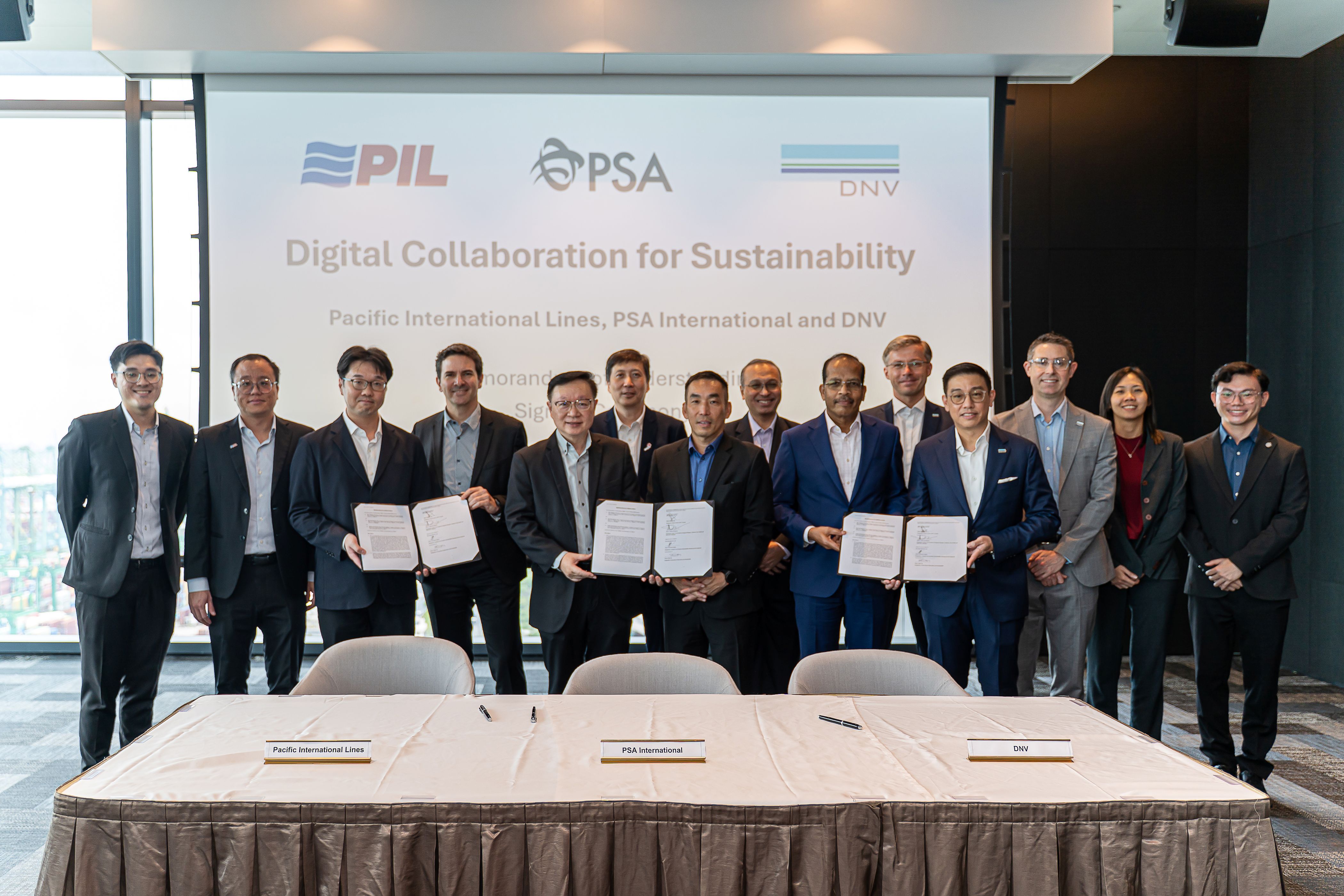The IMO Assembly has adopted amendments to the IMO Convention to expand the size of the Council, extend the term of its Members and recognize three additional language texts as authentic versions of the IMO Convention.
The Assembly is meeting for its 32nd session (6-15 December).
Until the amendments enter into force, the current structure will remain unchanged.
The amendments to Articles 16, 17, 18, 19(b) and 81 of the Convention on the International Maritime Organization require acceptance by two thirds of the IMO Membership, or 117 Member States (based on the current membership of 175 Member States) for entry into force.
Congratulating Member States on the adoption of the amendments, IMO Secretary-General Kitack Lim said: “The adoption of the amendments to the IMO Convention is a major milestone in the reform of the Council. The expansion of the size of the Council to 52 will support the attainment of a representative, balanced, diverse, and efficient Council, that can support the interests of the whole membership and ensures the representation of all the major geographic areas of the world.”
“In view of the importance of these amendments, I urge Member States to communicate their instrument of acceptance to me for deposit with the Secretary-General of the United Nations at their earliest convenience,” Secretary-General Lim added.
The Assembly also agreed to consider for adoption an Assembly resolution to encourage the early acceptance of the amendments.
Expansion of the Council
Upon entry into force of these proposed Council reforms by the Assembly, the IMO Council will increase by 12 Member States, from its current 40 Members to 52. Expanding the size of the IMO Council would see 12 seats allocated to Categories (a) and (b) each and 28 seats to Category (c).
The categories are:
(a) – States with the largest interest in providing international shipping services
(b) – States with the largest interest in international seaborne trade each;
(c) – States not elected under (a) or (b) above, which have special interests in maritime transport or navigation and whose election to the Council will ensure the representation of all major geographic areas of the world.
Member term length
Under the amendments, Council Members would remain in their roles until the end of the next two consecutive regular sessions of the Assembly, after which they would be eligible for re-election. Since Assemblies are usually held every two years, this would generally mean that Members would serve a four-year term.
Additional authentic languages
In the spirit of multilingualism embraced by the United Nations system, the IMO Assembly adopted an amendment to the IMO Convention, such that Arabic, Chinese and Russian, (which are already official languages of the Organization), will be added as authentic texts of the IMO Convention, supplementing the current authentic texts in English, French and Spanish.
Current Council Members
The current Council Members elected for the 2020-2021 biennium are:
Category (a): China, Greece, Italy, Japan, Norway, Panama, Republic of Korea, Russian Federation, United Kingdom, United States.
Category (b): Argentina, Australia, Brazil, Canada, France, Germany, India, the Netherlands, Spain and the United Arab Emirates.
Category (c): Bahamas, Belgium, Chile, Cyprus, Denmark, Egypt, Indonesia, Jamaica, Kenya, Kuwait, Malaysia, Malta, Mexico, Morocco, Peru, the Philippines, Singapore, South Africa, Thailand and Turkey.
Election for 2022-2023
The election of 40 Council Members for the 2022-2023 biennium will take place on Friday, 10 December.
IMO Council
The IMO Council is elected by the Assembly. The Council is the Executive Organ of IMO and is responsible, under the Assembly, for supervising the work of the Organization. Between sessions of the Assembly the Council performs all the functions of the Assembly, except the function of making recommendations to Governments on maritime safety and pollution prevention which is reserved for the Assembly by Article 15(j) of the Convention.
Other functions of the Council are to:
·coordinate the activities of the organs of the Organization;
·consider the draft work programme and budget estimates of the Organization and submit them to the Assembly;
·receive reports and proposals of the Committees and other organs and submit them to the Assembly and Member States, with comments and recommendations as appropriate;
·appoint the Secretary-General, subject to the approval of the Assembly;
·enter into agreements or arrangements concerning the relationship of the Organization with other organizations, subject to approval by the Assembly.
History of the IMO Council
The IMO Council has seen a number of expansions since it was established with 16 Member States in March 1958, following the entry into force of the 1948 IMO Convention.
The most recent expansion was a result of the 1993 amendments that came into force in 2002 and increased the size of the Council to 40, with Groups (a) and (b) increased to 10 and Group (c) to 20 Member States.
Previous expansions came into force in 1984 – when the Council was increased in size to 32, with 16 places for Group (c); in 1978 when Council membership was increased to 24 Member States by enlarging Group (c) to 12 Member States; and in 1967 – when IMO adopted an amendment to the IMO Convention that increased the size of the Council to 18.
Source: IMO
The opinions expressed herein are the author's and not necessarily those of The Xinde Marine News.
Please Contact Us at:
media@xindemarine.com


 Baltic Exchange launches new Fuel Equivalence Conve
Baltic Exchange launches new Fuel Equivalence Conve  21 Consecutive Years of QUALSHIP 21 Recognition for
21 Consecutive Years of QUALSHIP 21 Recognition for  MPA and Wärtsilä Renew Partnership to Drive Marit
MPA and Wärtsilä Renew Partnership to Drive Marit  MPA and Dalian Maritime University Renew Partnershi
MPA and Dalian Maritime University Renew Partnershi  PSA INTERNATIONAL, DNV AND PACIFIC INTERNATIONAL LI
PSA INTERNATIONAL, DNV AND PACIFIC INTERNATIONAL LI  INTERCARGO Reaffirms Call for Simplicity as IMO Cli
INTERCARGO Reaffirms Call for Simplicity as IMO Cli